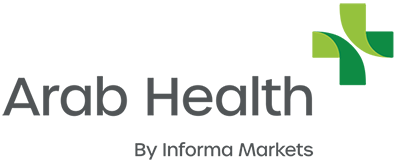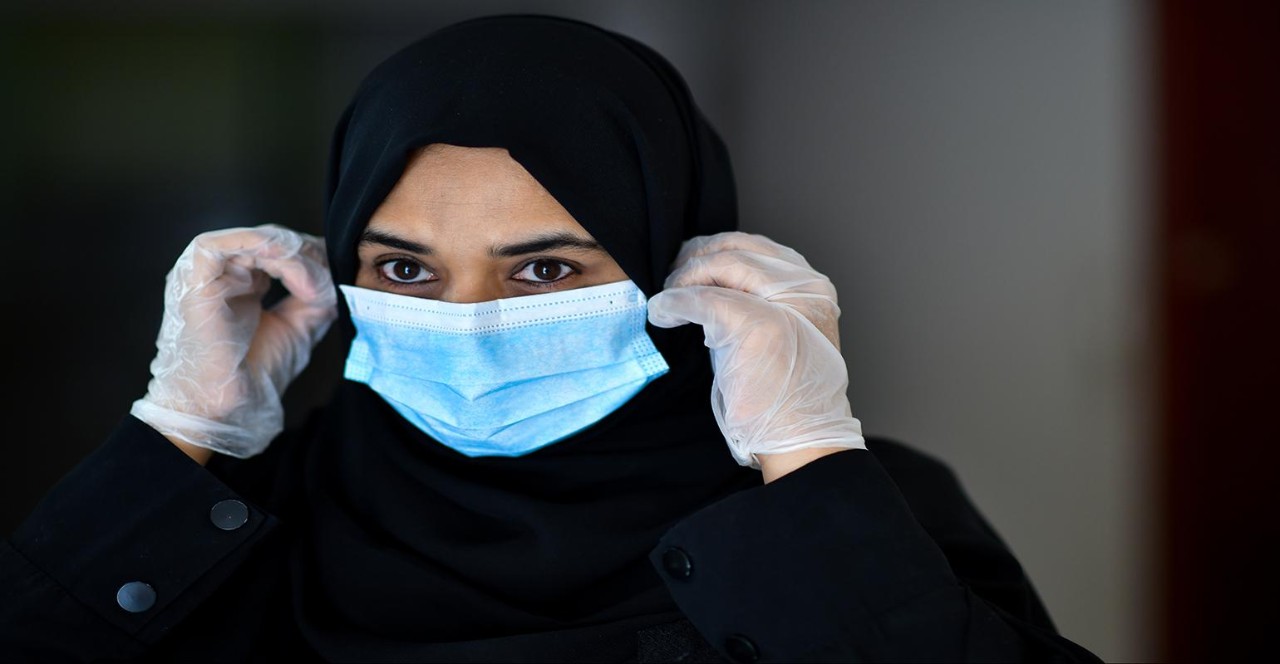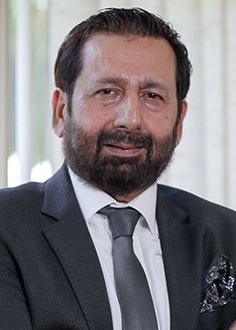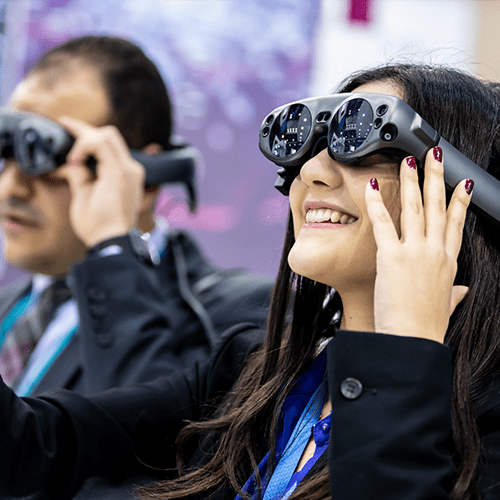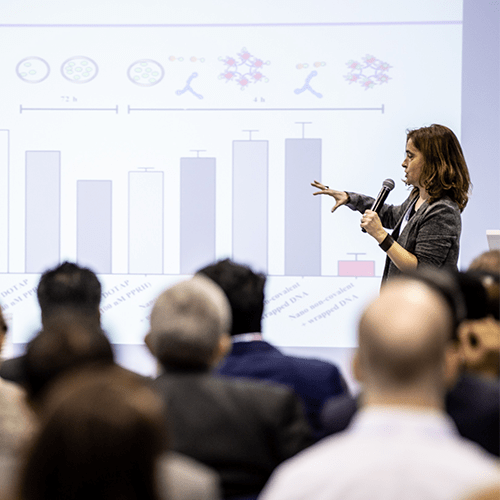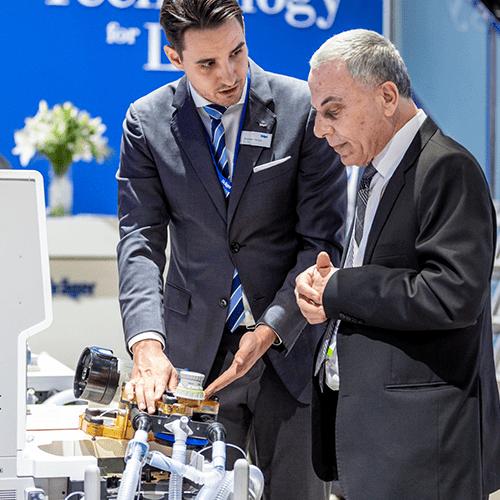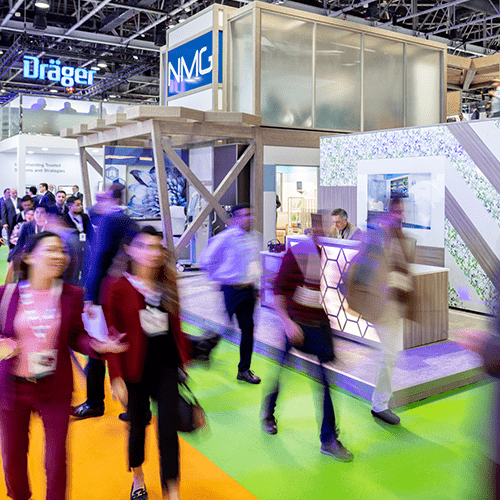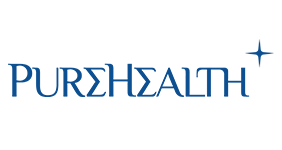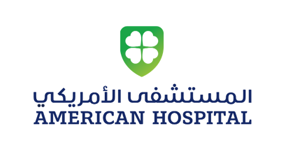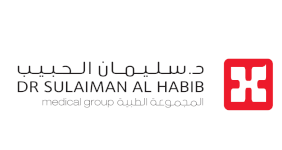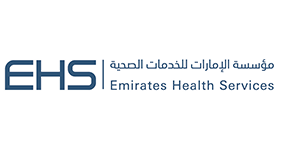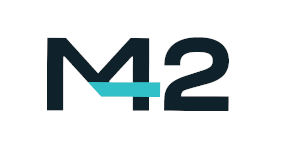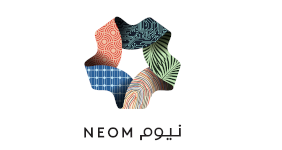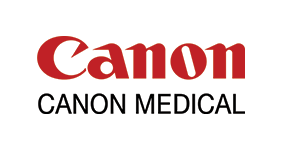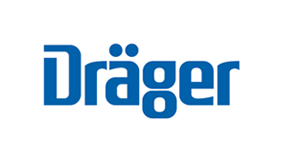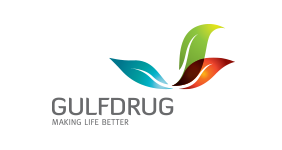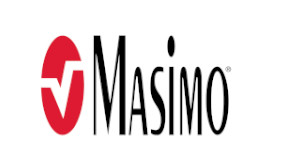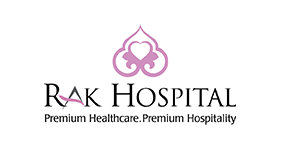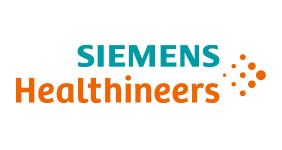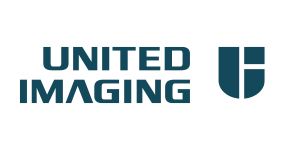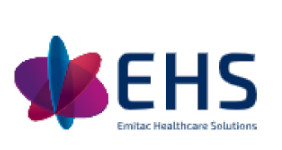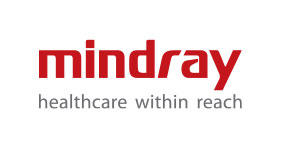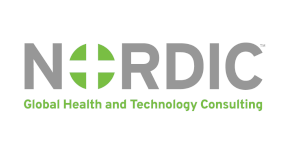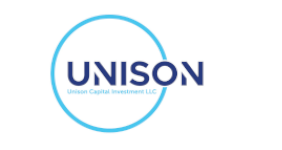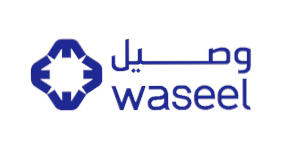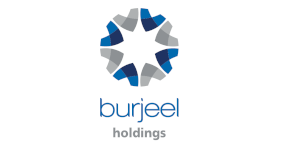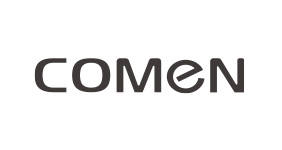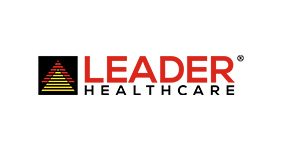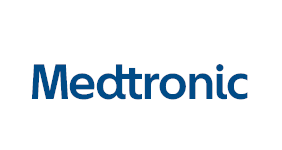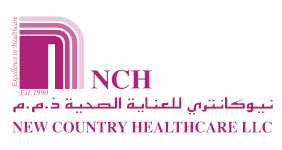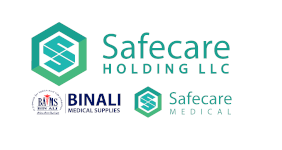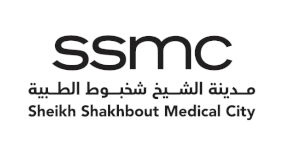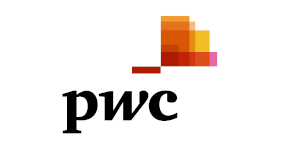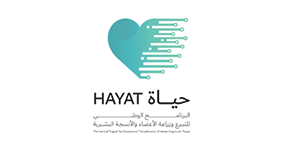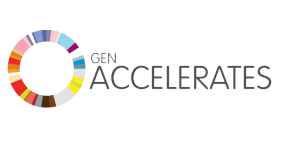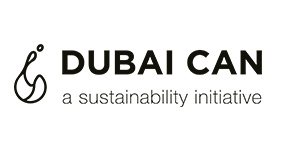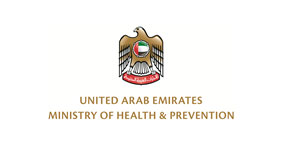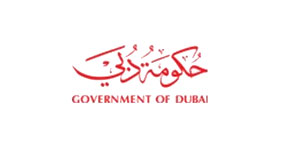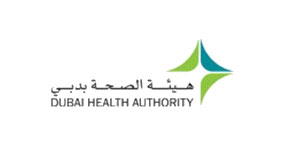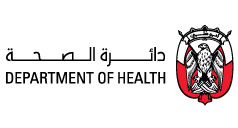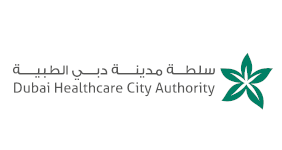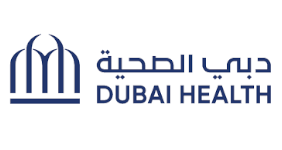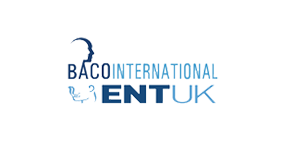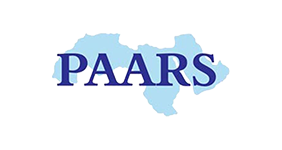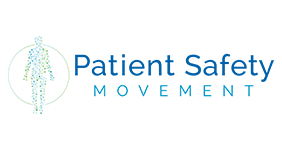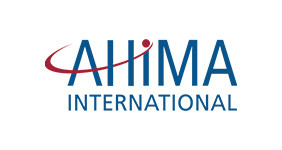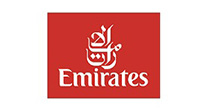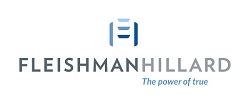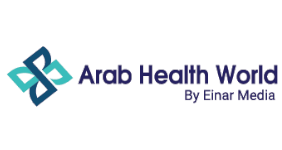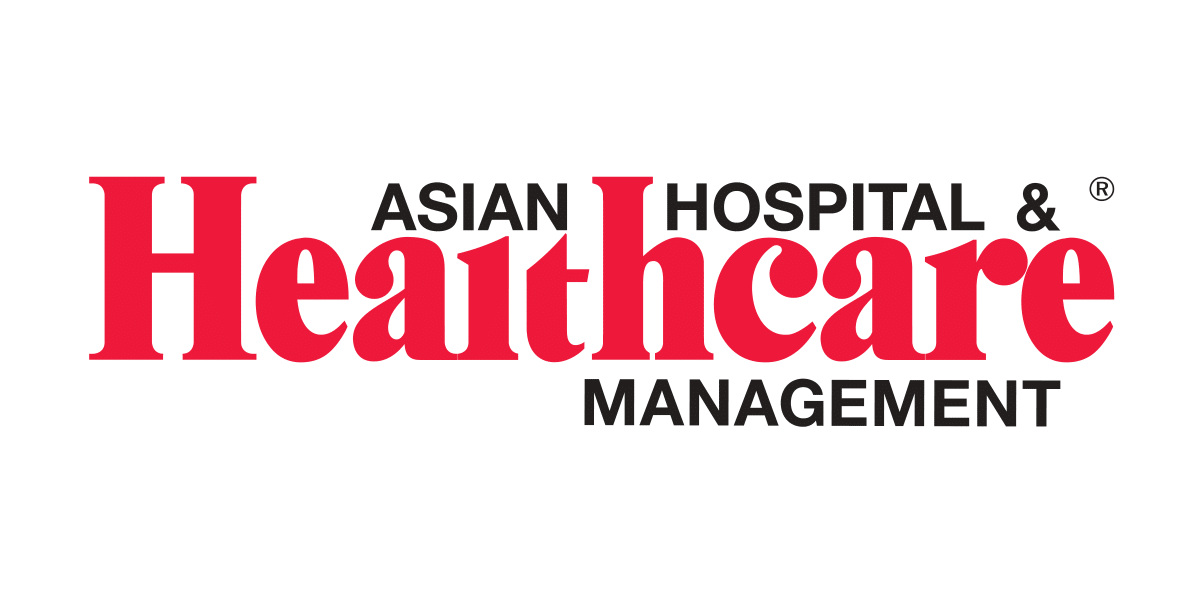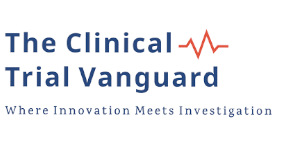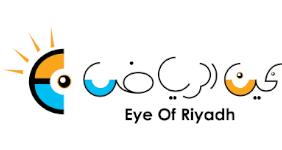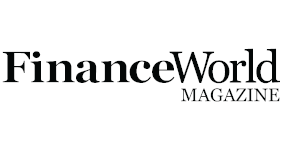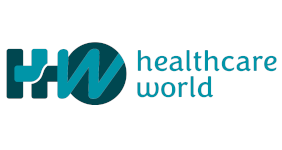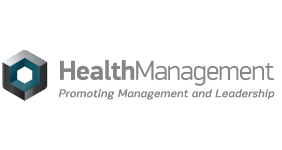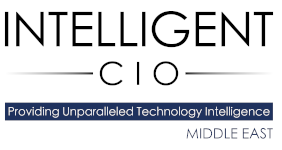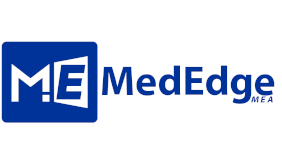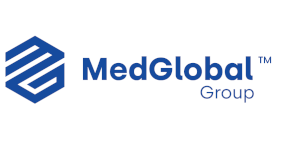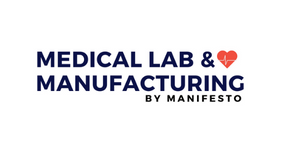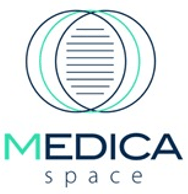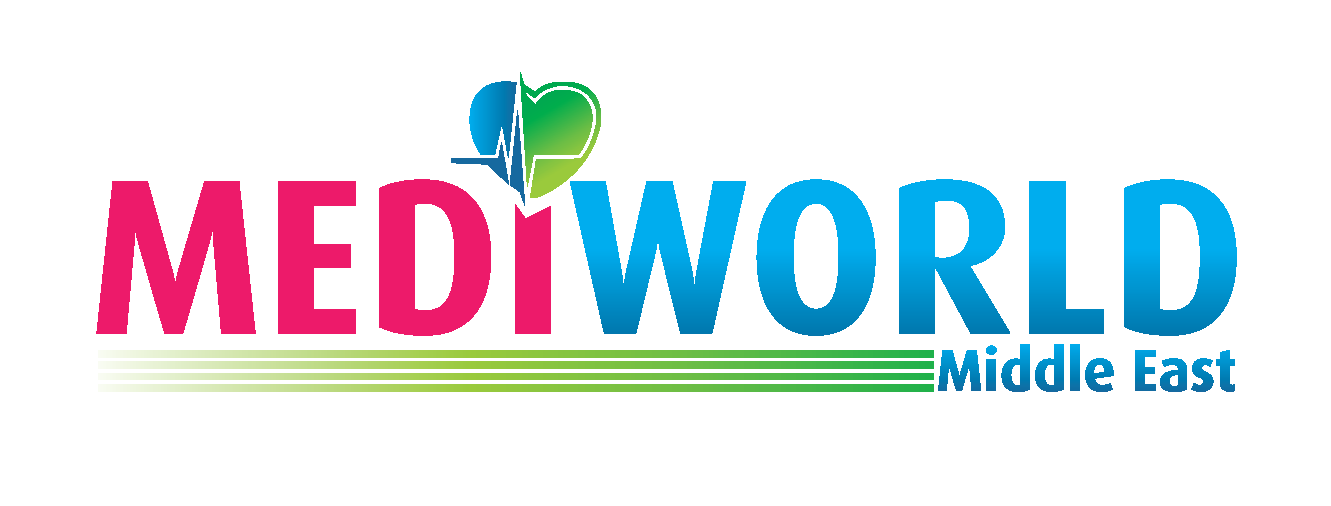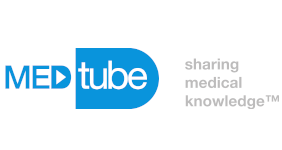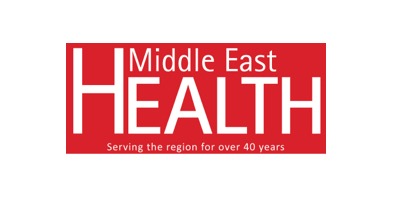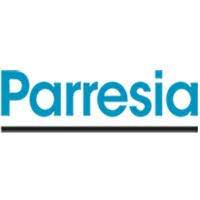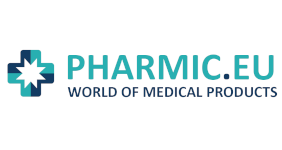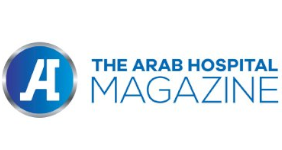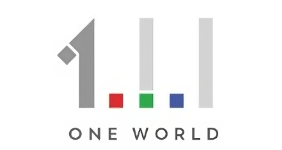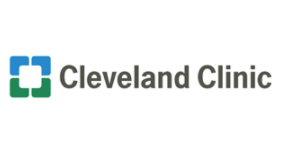What can the world learn from UAE in the fight against COVID-19?
Deepa Narwani | Sep 30, 2020
The UAE has set new benchmarks for the world in the fight against COVID-19. The country’s leadership managed the situation effectively and within a short period, they built large field hospitals. Within weeks, thousands of beds were made available and 13 drive-through test facilities opened. Moreover, the country was proactive and worked towards quickly making private hospitals COVID-19 free. The UAE is also a rare example of where everybody, irrespective of their residency status, has access to almost free or subsidised testing, quarantine and treatment facilities.
Speaking on the second day of the 2020 USCIPP annual meeting was Dr Raza Siddiqui, CEO, Arabian Healthcare Group, who highlighted the UAE’s achievements, at the ‘Impact and challenges of COVID-19: A Local perspective from the UAE on solutions for the future’ session.
He emphasised that the country confronted the challenges presented by COVID-19 head-on: “Within weeks, Abu Dhabi set up manufacturing facilities of masks. Additionally, the Dubai World Trade Centre was converted into a 3,000-bed world-class quarantine facility in just 10 days. Today, the UAE is in the top three countries for testing most of its population. It is a relatively small country, with a population of around 9-10 million, but still more than 50,000 people are tested every day, which is a world record!”
The CEO added that COVID-19 has further accelerated the use of technology, in the areas of telemedicine, homecare, and remote monitoring. For instance, in the UAE, telemedicine became a reality quickly with insurance companies approving teleconsultations and payment gateways being established. The country also took the lead in using robots for disinfection, and for food and medicine delivery thereby minimising human contact.
The COVID-19 impact
This is probably the first time in the history of the world that a healthcare crisis has impacted the entire global economy and the effect has been felt across different industries. For example, the pharma industry has been impacted by 7 per cent, retail by 10 per cent, financial services 12 per cent, technology/media/telecom 17 per cent, manufacturing 21 per cent, and healthcare up to 28-30 per cent, shared Dr Siddiqui.
Due to the sudden onset of the disease, even mature healthcare systems like the U.S. and some countries in Europe, that usually have a strong preparedness for disasters, couldn’t handle the situation well.
The healthcare trends in the GCC and the UAE, in particular, are different as compared to the rest of the world as most of the population here comprises of expats. Also, here the population above 50 years of age hardly makes up 5 per cent.
Dr Siddiqui highlighted: “The impact of COVID-19 has been maximum on outpatient care because the younger population generally uses outpatient and ambulatory care more. The impact has been 70 per cent on outpatient care.
“The revenues dropped significantly – almost eight million fewer patients per week were recorded in the whole of GCC. If we go department wise, the Emergency department visits dropped in the public sector by 50 per cent and private sector by 40 per cent. We have seen cases of cardiac emergencies and neuro emergencies not even coming to the hospital due to the fear of contracting COVID-19. The outpatient business dropped in the public sector by 80 per cent, private sector by 50 per cent, and likewise inpatient business dropped.”
By default, hospitals designed in the region are multi-speciality hospitals. Therefore, the role of senior specialists and consultants in specialities like cardiology and neurosciences, orthopaedics, and other sub-speciality departments, became defunct for more than four months. The revenue dropped and cost went up significantly because of sanitisation and extensive use of PPE. “Hospitals also had to manage the morale of the employees by taking care of them,” he said. “Also, front-liners were exposed to the virus all the time and hospitals had to make sure they remained healthy and infection-free.”
In the case of elective procedures such as hip replacement, and cardiac surgeries, these were not taking place and the departments of cosmetic surgeries were practically closed.
Dental care was restricted by the Ministry and regulatory authorities because of close patient contact. He added that hospitals were suffering due to the revenue drop and that primary care was down by 70 per cent, secondary care by 65 per cent, and mental health by 45 per cent. The total impact was over 15 to 20 per cent in revenue to multi-speciality hospitals.
Will medical tourism bounce back?
When asked about when medical tourism would make a return, Dr Siddiqui stressed that operating from the UAE is a great opportunity, as the country looks at the 360-degree of every business. Moreover, the entire ecosystem in the country is supportive of tourism and medical tourism.
“The UAE is the first country in the world that has been able to open its doors not only for tourists but also medical tourists,” he shared. “Most tourism destinations are closed, and we don’t know for how long. The UAE will be the first country to bounce back when it comes to medical tourism because when a patient is travelling overseas, they are looking for overall recovery, safe airport, local transport, infection-free environment etc. For example, at RAK Hospital, we have already started to receive patients, and just last week we carried out a joint replacement and this patient chose to come all the way from Ethiopia.”
On a parting note, Dr Siddiqui stressed that several trends in medical tourism are going to be corrected. For instance, he said, around 40 per cent of the patients who travel overseas need not travel.
“Technology is going to play a key role here. Going forward I see a more mature and elderly brother role of U.S. health organisations. I think mature healthcare systems should support local healthcare systems slowly to become self-sufficient through technology such as telemedicine, AI and data management. Only extremely unwell patients should travel for care. With all these factors in mind, I see a very positive future for the U.S. and Middle East relationship,” he concluded.
About Arab Health
Arab Health is the largest healthcare event in the Middle East and is organised by Informa Markets. Established in 1974, Arab Health provides a platform for the world’s leading manufacturers, wholesalers and distributors to meet the medical and scientific community in the Middle East and subcontinent.
The upcoming edition of the event is expected to welcome the healthcare industry to view the latest healthcare innovations, products and services, and experience the highest quality Continuing Medical Education (CME) conferences for medical professionals in the region.
Interested in participating in Arab Health?
If you have any other queries, email us on [email protected]
